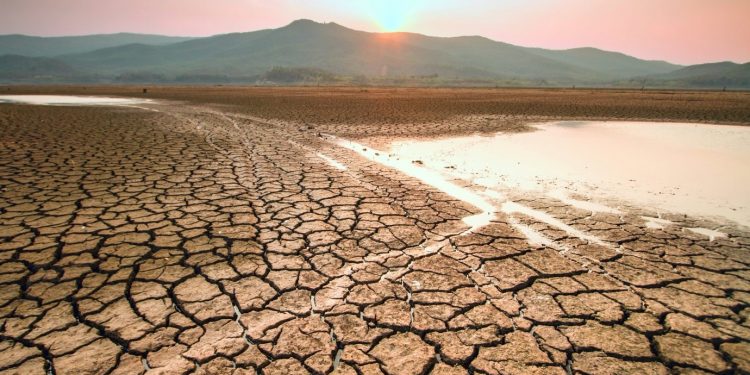Bangladesh is grappling with unprecedented heatwaves, with temperatures soaring to 40-42°C in recent years. These extreme conditions highlight the urgent need to address environmental vulnerabilities and revamp governance systems. This article explores the factors driving heatwaves and the critical reforms needed for effective environmental management in Bangladesh.
1. Rising Temperatures and Their Impact
The increasing frequency and intensity of heat waves pose serious threats to life and the economy.
- Health Risks: Heatstroke, dehydration, and respiratory issues have become common, leading to hospitalizations and fatalities.
- Economic Strain: Disruptions in productivity, especially in agriculture and labor-intensive sectors, add financial burdens.
- Environmental Damage: Prolonged heat affects biodiversity and accelerates water scarcity.
2. Environmental Governance Challenges
Bangladesh’s governance structures struggle to address environmental issues effectively.
- Fragmented Responsibilities: Overlapping roles among ministries create confusion, slowing down response times.
- Weak Enforcement: Institutions like the National River Commission lack the power to take legal action, leaving environmental crimes unchecked.
- Outdated Policies: Traditional approaches to governance fail to address modern environmental challenges.
3. Human Activities and Their Role
Domestic activities exacerbate the heatwave crisis, contributing to long-term damage.
- Deforestation and Industrial Emissions: Large-scale deforestation and unregulated industrial growth worsen air quality and increase greenhouse gas emissions.
- Unplanned Urbanization: Rapid urban growth without sustainable planning intensifies the heat island effect in cities.
- River Pollution: Encroachment and waste dumping disrupt natural cooling systems.
4. Steps Towards Sustainable Solutions
Strengthening environmental governance can mitigate the effects of heat waves.
- Heat Adaptation Plans: Immediate measures, such as heat shelters and public awareness campaigns, can reduce suffering.
- Policy Overhaul: Revising environmental laws to empower enforcement agencies is crucial.
- Community Involvement: Engaging local communities in decision-making fosters accountability and sustainable practices.
5. International Collaboration for Climate Action
Global partnerships are essential for combating the heatwave crisis.
- Technology Sharing: Access to climate-resilient technologies can aid adaptation efforts.
- Financial Support: International funding can help implement large-scale mitigation projects.
- Policy Alignment: Collaborating with global climate initiatives ensures a cohesive approach to addressing heat waves.
Conclusion
Extreme heatwaves are a wake-up call for Bangladesh to prioritize environmental governance. By adopting modern policies, empowering institutions, and fostering international cooperation, the nation can mitigate the impacts of climate change and ensure a sustainable future. Proactive measures today will safeguard lives, biodiversity, and the economy for generations to come.




